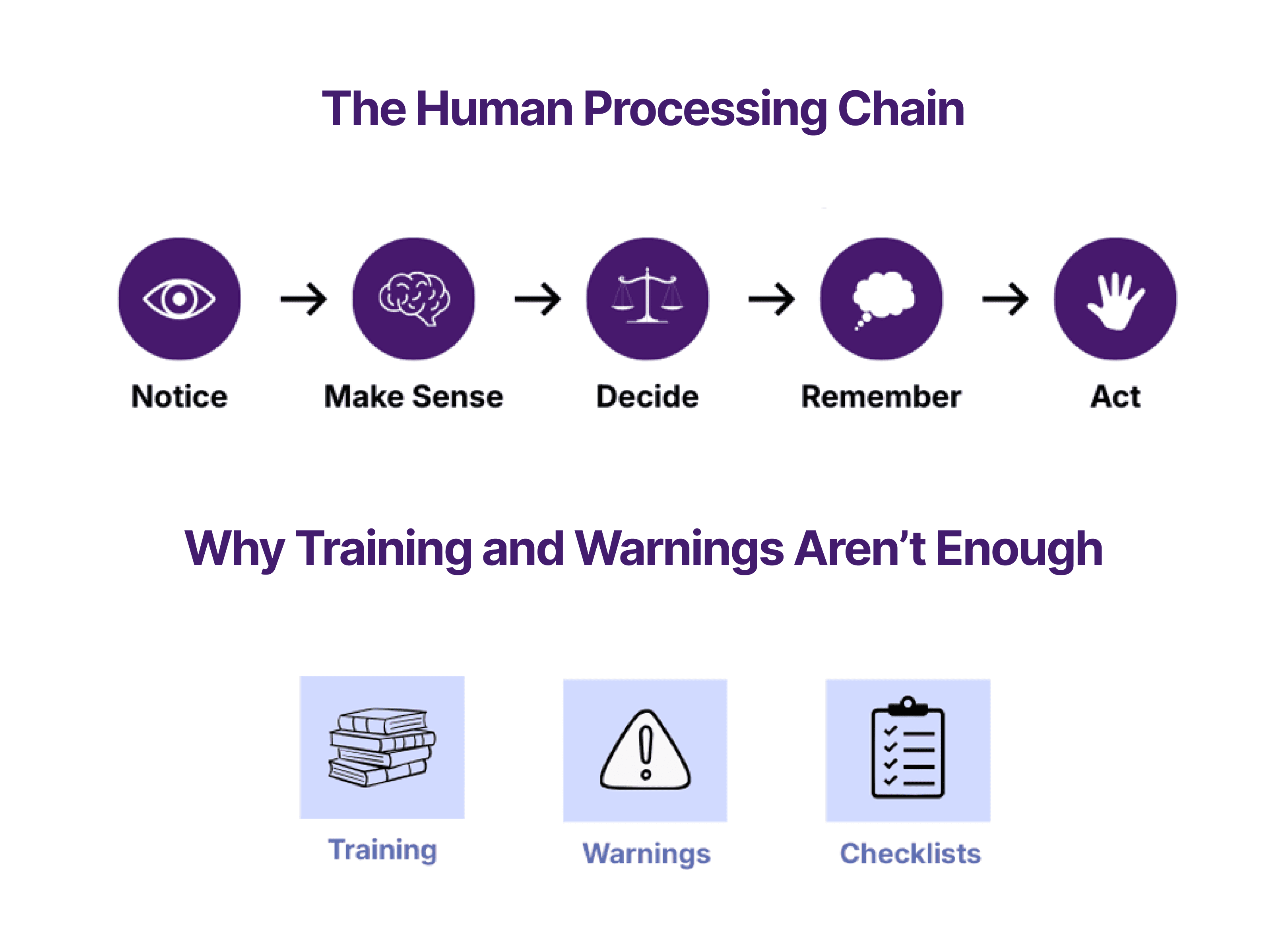Cognitive Bias in Usability Testing
Dec 22, 2016
Executive Summary: Cognitive bias is the tendency to subconsciously change one's actions or thought process based on another person's comments or behavior. It is important to consider cognitive bias when performing a usability study because it can significantly alter or impair the validity of the results. While cognitive bias cannot always be entirely eliminated, identifying key cognitive biases to which usability study results are particularly susceptible to, and mitigating them is the first step. Once experimenters are alert to these subtle traps, they can consider approaches that sidestep the biases and greatly improve the accuracy and overall effectiveness of a usability study.






